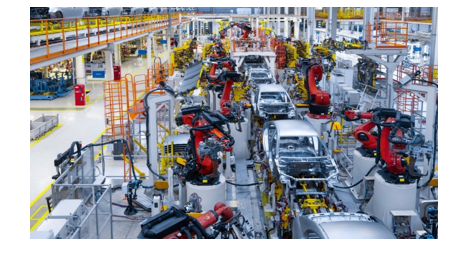INP-WealthPk
Amir Khan

Pakistan's automobile industry is grappling with persistent challenges that have significantly dampened sales across the board. In FY24, the industry witnessed the lowest sales in 15 years, with slightly over 100,000 cars sold. This downturn can be attributed to a confluence of factors that have collectively acted as demand dampeners. Talking to WealthPK, Chairman of Pakistan Association of Automotive Parts and Accessories Manufacturers (PAAPAM) Abdul Rehman Aizaz said the State Bank of Pakistan's recent monetary tightening had increased the car loan costs, making vehicles more expensive. This, along with inflation and higher taxes, has weakened consumers' purchasing power and reduced demand. He further said that the SBP's strict car financing regulations during the economic downturns had also cut imports, worsening the shortage of essential parts amid the ongoing letter of credit (LC) crisis. Following its peak in FY22 with record sales volumes, the industry saw a steep decline, with the sales dropping 54% in FY23 and another 18% in FY24 year-on-year, amounting to a 63% decrease compared to two years ago.
Amidst these challenges, the industry has found resilience, notably in the entry-level market with models like Suzuki Alto and in the premium segment with new arrivals such as Sazgar's Haval and Hyundai's Tucson or Porter. Despite economic hardships, these segments have sustained demand, albeit on a smaller scale, showing niche market viability even in adverse conditions. Talking to WealthPK, Rukhsana Shah, a board member of Suzuki Pakistan, highlighted that Suzuki Alto, known for its affordability and fuel efficiency, had maintained a steady demand, especially in ride-sharing services. Moreover, she explained that urban consumers, looking for cost-effective commuting solutions, were increasingly choosing smaller vehicles like Alto, moving away from larger, fuel-consuming cars. This trend is also seen in corporate preferences, where Alto serves as the entry-level company car for many newly promoted employees, much like the role once held by Mehran in corporate fleets. In FY24, over 35,000 units of Alto were sold, marginally exceeding the previous year's figures.
However, the broader passenger car segment struggled, with only 82,000 units sold throughout the year. Alto notably represented 44 percent of these sales, highlighting its market dominance in its segment. In contrast, models such as Swift, Wagon-R, and Cultus saw substantial sales declines, indicating a wider market slump amid economic uncertainties. The gap between the demand for small cars and their production poses a major challenge for the local manufacturers. Despite latent consumer interest, high production costs make small cars unaffordable for the average buyer, especially with high interest rates and prioritization of essential expenses over significant purchases. From the manufacturers' viewpoint, the profitability of small cars is constrained, particularly in a recessionary economy.
Credit: INP-WealthPk













